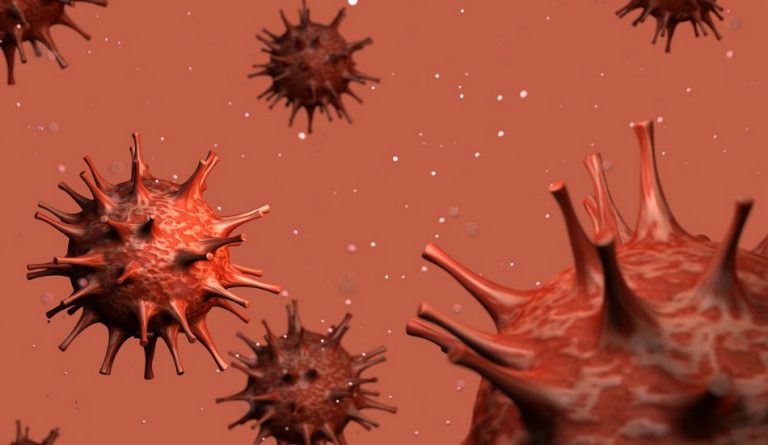In recent weeks, coronavirus second wave infections have increased dramatically in communist China, forcing authorities to take even more severe measures. The government has sealed off at least 11 regions in three provinces to restrict the spread of the virus. Public transportation in the provinces of Hebei, Heilongjiang, Liaoning, Jilin, Inner Mongolia, and Beijing has been suspended. In total, 50 million people in the country are currently under lockdown.
“Northeast China’s Heilongjiang sealed off at least five regions — Zhaodong, Qinggang, Suihua city’s downtown area, Angangxi district in Qiqihar, and Hulan district in Harbin. Local residents are required to stay in their homes, and vehicles are prohibited on roads. Exit and entry roads are also closed off… The cities of Gongzhuling and Tonghua in Northeast China’s Jilin are also in de facto lockdowns… Four regions in North China’s Hebei Province have also been sealed off — Longyao county, Gu’an county, Nangong, and the provincial capital Shijiazhuang,” the state-run Global Times reported.
In places that are locked down, provincial health authorities have been conducting mass testing of people. In Shanxi, residents are asked to take the virus tests several times. Each virus test costs 120 yuan ($18.50); people must pay for these tests themselves. People in the region are prohibited from buying medicine for coughs and colds unless they present a negative test result.
Automatic quarantine
In Hebei Province, a current hotspot of the second wave epidemic, an increasing number of hospital workers are getting diagnosed with the infection.
Success
You are now signed up for our newsletter
Success
Check your email to complete sign up
“If one doctor or nurse is diagnosed, the whole department that he/she works in would be closed quickly and all patients would be removed to a quarantine center,” a source told The Epoch Times.
One hospital asked people not to visit anymore as the “situation is very bad now.” Some patients have been removed from hospitals and taken to quarantine centers without any explanation as to why they were moved. The federal government is scrambling to build new hospitals to house infected people.
In other places, food prices are skyrocketing, making life tough for average citizens. For example, cabbage, the cheapest vegetable, usually costs $0.03 per pound. In several cities, it now costs over 20 times that at $0.63 per pound. In addition to the virus outbreak that has disrupted food production and transportation, the cold weather is also cited for causing the sudden price surge. Many families are stocking up on food for the upcoming Lunar New Year on Feb. 12.

On Jan. 16, China’s National Health Commission announced that COVID-19 was spreading at an alarming rate; they are finding it “difficult to prevent.” The commission blamed the virus resurgence on foreigners. It was caused by entry personnel or contaminated cold chain imported goods.
Beijing, however, continues to suppress information about the virus and the second wave, keeping the public dangerously in the dark. Many citizens don’t even know that there is a resurgence of the novel coronavirus across the country. The authorities banned the keyword “Wuhan Anniversary” from being used online.
A propaganda film will soon be released that praises authorities for fighting the pandemic and saving the people of China. Called Days and Nights in Wuhan, the movie will be screened in theaters on Jan. 22. The film will not mention how authorities have censored news of the virus nor how several people have been sentenced to jail for exposing the truth of the outbreak.
Follow us on Twitter or subscribe to our email list














